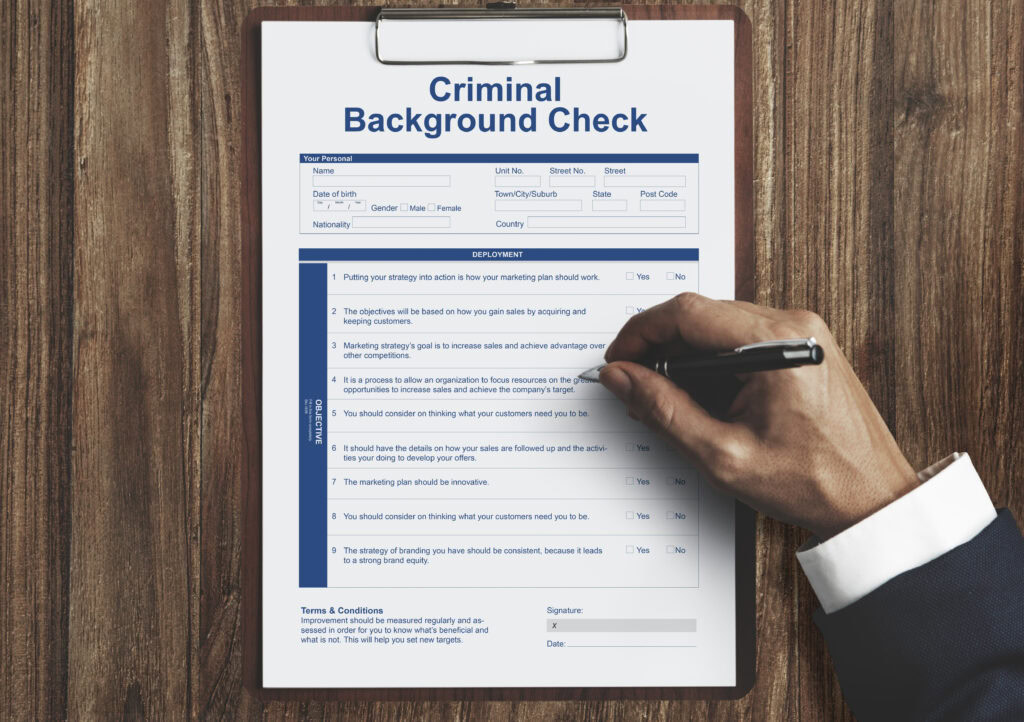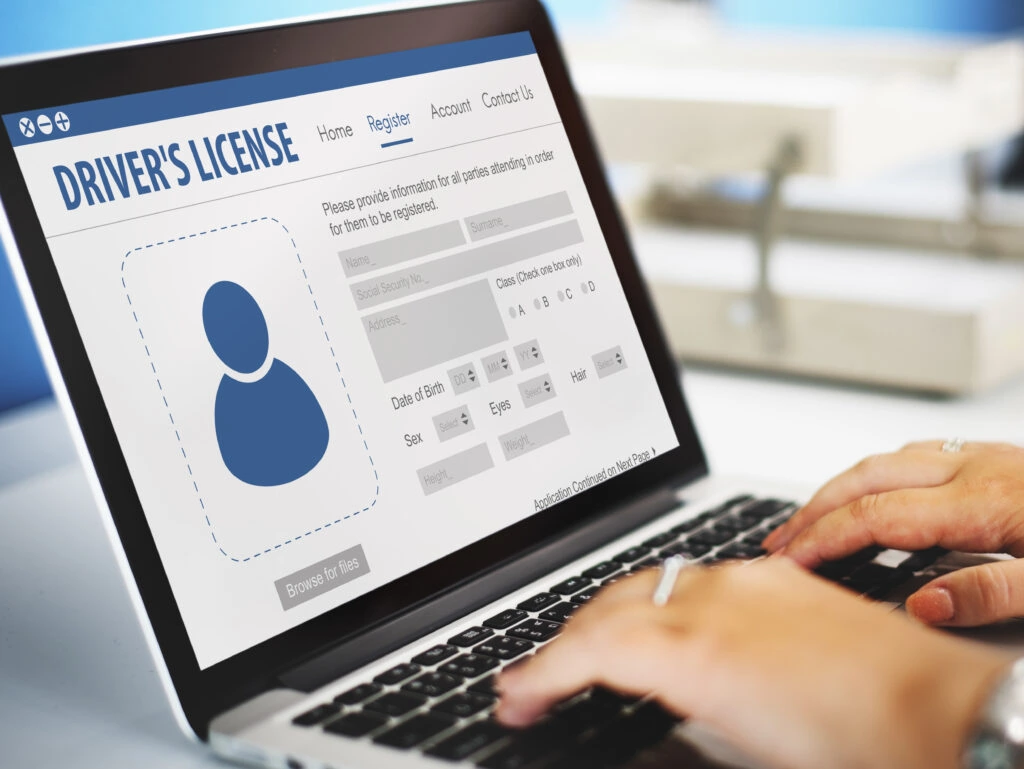Having a criminal record in California can feel like a life sentence, even if you’ve served your time, completed probation, or had your case dismissed. Background checks don’t always tell the entire story, but they do follow you into job interviews, housing applications, and college admissions.
California’s Clean Slate Law, especially AB 1076, can be a game-changer for people looking to move forward, leaving their past behind them.
But how does it work? Who qualifies? And what’s the difference between sealing, expunging, or having a conviction automatically dismissed under new laws?
If you’re unsure where your record stands or how to clean it up, this guide explains what you need to know and how a criminal defense attorney can help.
What is the Clean Slate Law in California?
California’s Clean Slate Law is a set of legal reforms designed to reduce the long-term impact of certain criminal records. It allows for automatic relief, meaning eligible misdemeanor and felony records are either dismissed or sealed without the person filing a petition.
The goal is simple: help people reintegrate into society by giving them a second chance.
In the past, clearing a record required hiring a criminal defense attorney, paying fees, and filing paperwork. Under AB 1076 and SB 731, California now automates part of the process for eligible individuals.
The Clean Slate Law doesn’t make all records vanish, but it significantly expands who can benefit from record relief. This is especially helpful for people who have completed probation or haven’t reoffended in several years.
How Clean Slate Laws Work in California
Under these laws, California’s Department of Justice (DOJ) is required to automatically review criminal records to determine if they qualify for relief. If you meet the criteria, the record may be either dismissed (AB 1076) or sealed (SB 731), depending on the case.
Here’s how it generally works:
- Misdemeanor convictions are eligible for automatic relief after one year if probation is completed and no new charges have been filed.
- Felony convictions may be eligible after four years without new offenses (per SB 731).
- If a case was dismissed, acquitted, or never filed, it may also qualify for sealing.
- The DOJ notifies the court, and if all conditions are met, the relief is applied without any action from the individual.
Relief doesn’t mean the record is deleted. It means, in most non-government background checks, it won’t show up or legally can’t be used against you.
AB 1076 and SB 731
Assembly Bill 1076, which took effect in January 2021, requires the DOJ to automatically grant dismissals for certain nonviolent misdemeanor and felony convictions once the person has completed their sentence and remained crime-free.
It applies primarily to individuals who:
- Have no pending charges
- Completed probation or incarceration
- Are not on parole or supervised release
- Were not required to register as a sex offender
In 2022, Senate Bill 731 expanded this relief by allowing for record sealing in many felony cases. While AB 1076 grants dismissals, SB 731 goes further by sealing the court records, making it unavailable to most employers and landlords.
Combined, these laws provide powerful tools to reduce the visibility of old convictions. Clean slate laws are aimed at reducing stigma.
A Dismissed Conviction?
Under AB 1076, if your conviction is dismissed, you’re legally released from all penalties and disabilities associated with the offense. This is similar to what’s granted in traditional expungement under Penal Code §1203.4.
So, what changes?
- You can legally say you haven’t been convicted of a crime on job applications (with federal job exceptions).
- Landlords, employers, and schools can’t use past convictions against you.
- In most civil contexts, the dismissed conviction is treated as if it never happened.
However, certain limitations apply. For instance, a dismissed conviction may still count as a prior in future criminal proceedings. And it won’t reinstate lost firearm rights.
The Difference Between Expunged and Sealed Records
Many people confuse expungement with sealing, but they’re not the same.
- Expungement (under PC §1203.4) is a court order that dismisses a conviction, meaning it shows as dismissed on your record. It helps for jobs and housing, but is still visible to government agencies and courts.
- Sealing (under SB 731) goes further. It removes public access to the record entirely, so it no longer shows up on most background checks, even as a dismissed case.
Think of it this way: expungement clears the legal stain, but the mark may still be visible in some contexts. Sealing hides the whole record from view, offering deeper privacy and future protection.
Crimes that Cannot Be Expunged
Not every conviction qualifies for automatic relief or manual expungement. The following types of offenses are excluded:
- Serious violent felonies (e.g., murder, rape, etc.)
- Crimes requiring sex offender registration
- Child abuse or elder abuse offenses
- Federal convictions (state law doesn’t apply to federal crimes)
In these cases, relief is limited or unavailable. You may still petition the court for discretionary relief, but it won’t be automatic.
If you’re unsure whether your record qualifies, a defense attorney can review your case and advise next steps.
California Background Check Laws
Even if your record has been dismissed or sealed, it’s essential to know how background checks work in California. State law limits how employers and landlords can use criminal history, but only if the information is no longer visible.
Here’s what you should know:
- Employers in California can’t ask about criminal history on a job application due to the Ban the Box law.
- They can only consider convictions after making a conditional job offer.
- If your record is dismissed or sealed, employers can’t consider past convictions at all.
- Sealed records are invisible to most background checks, but law enforcement and federal licensing agencies may still access them.
This is why sealing a record under SB 731 can be powerful; it removes the record from future job and housing decisions.
According to the California Department of Justice, employers who conduct background checks through the DOJ must follow strict privacy rules. If your record has been sealed or dismissed, it shouldn’t appear in reports sent to employers or state agencies following California standards.
Conclusion
California’s Clean Slate laws, especially AB 1076 and SB 731, are giving millions of people a fresh start. Whether your record involves a dismissed misdemeanor or a long-ago felony, there may be a path to relief, either automatically or with legal help.
If you have questions about your record or want to find out if you’re eligible under Clean Slate laws in California, contact defense attorney David L. Faulkner for guidance.










